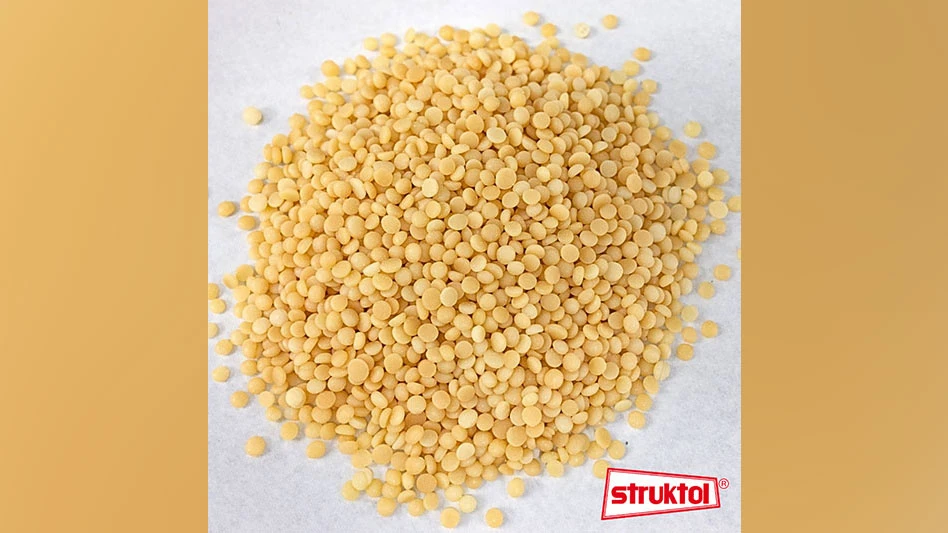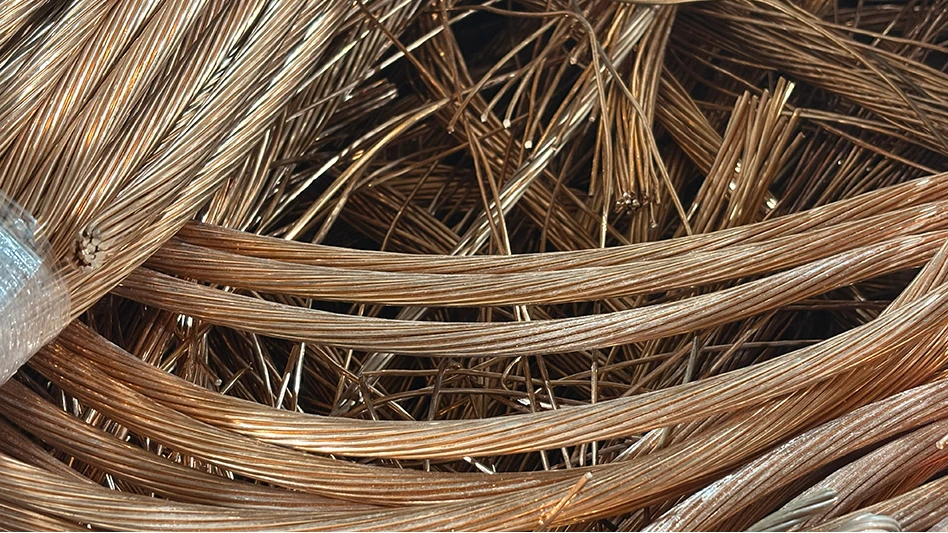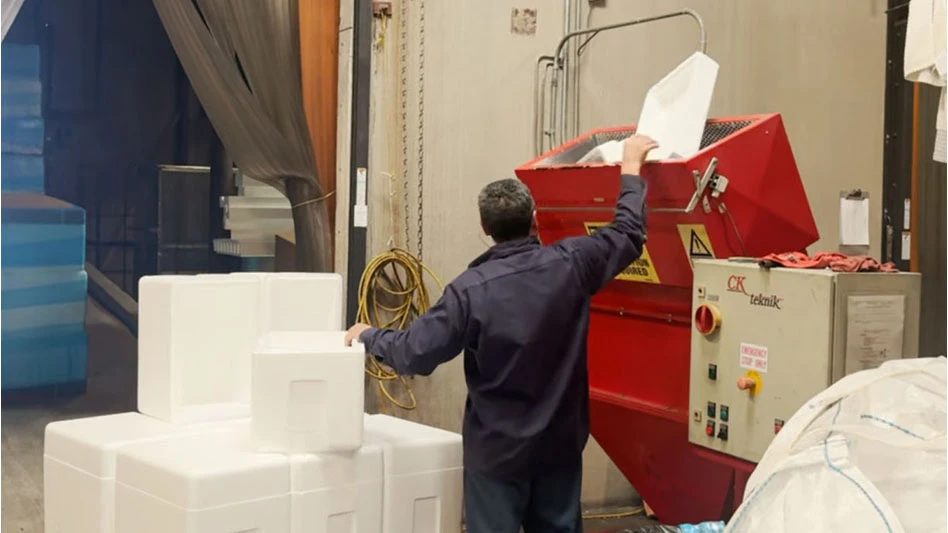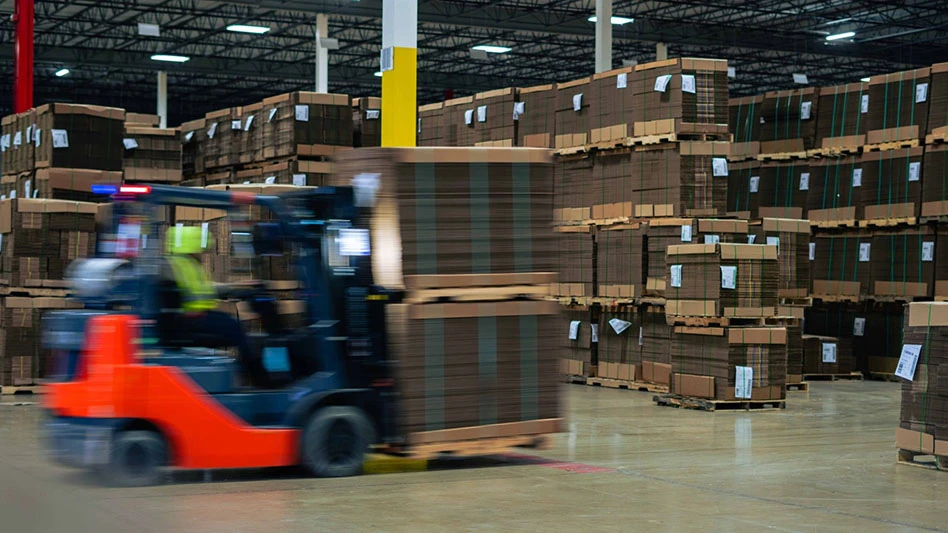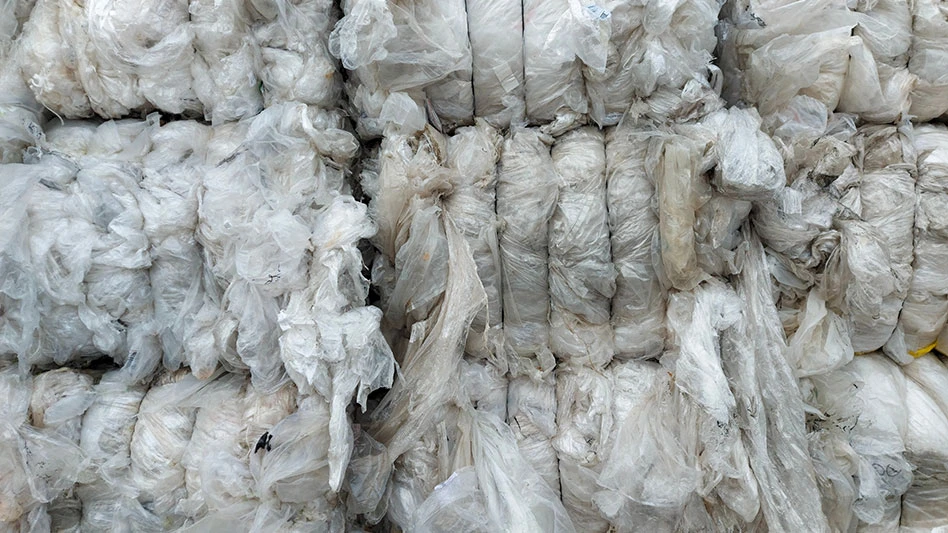
Photo courtesy of Norsk Hydro
Norway-based Norsk Hydro ASA has reported first-quarter 2025 adjusted earnings before interest, taxes, depreciation and amortization (EBITDA) for the first quarter of 2025 up by 75 percent compared with the first quarter of last year.
The company credits positive conditions in its primary aluminum market, stable profitability in its Norwegian hydro energy operations and favorable currency fluctuations as responsible for most of its profitability.
Market conditions in its global recycling and recycled-content extrusions operations—each of which has a sizable presence in the United States—were more challenging early this year, according to Hydro.
“In a more unpredictable world, our integrated business model and strong cost position make Hydro more resilient and better positioned to deliver long-term value,” Hydro President and CEO Eivind Kallevik says..
The firm cites U.S. trade policy as a cause of unpredictability, saying it remained dynamic in recent months, with a significant expansion of Section 232 tariffs.
"The 25 percent duties now apply to a broader range of imports, including steel, aluminum and automotive products," the company says. "Hydro's exposure to aluminum tariffs is limited due to extensive domestic sourcing and pass-through pricing, with minor cross-border risks.”
Hydro says its supply of aluminum to Europe’s automakers could be an issue this year.
“In automotive, 6 percent of the European vehicle production was exported to the U.S. in 2024," the company continues. "Hydro Extrusions and Aluminum Metal each maintain an average market share of 15-20 percent in their core segments within the European automotive industry, resulting in limited direct exposure to potential U.S. automotive tariffs.”
“While the looming trade conflict is expected to have limited direct impact on Hydro’s business, we are closely monitoring the situation and remain ready to adapt to market changes, particularly if reduced consumer confidence leads to broader economic uncertainty,” Kallevik adds.
Citing rising uncertainty, Hydro is revising its 2025 annual adjusted EBITDA assigned to its Extrusions business unit to the lower end of a range it had previously forecasted, or possibly below that.
“Our best line of defense in a more challenging market is to focus on what we can control,” Kallevik says. “That’s why we’re accelerating our improvement efforts to strengthen our cost position, securing competitiveness and value creation in a recycling market defined by tight scrap supply and margin pressure.”
The company says ongoing weak market activity continues to tighten aluminum scrap supply, pressuring recycling margins and reducing remelt production in Hydro Extrusions and Aluminum Metal Recycling.
On the sales and market development side, Hydro has signed a letter of intent this month with Mexican automotive components maker Nemak to develop low-carbon aluminum casting products for the automotive industry.
“The ambition is to accelerate decarbonization efforts and support car manufacturers in reaching their sustainability goals,” Hydro says. “The decarbonization will be done by using more postconsumer scrap and changing the energy mix to cleaner energy sources like natural gas and electrical boilers at Hydro’s Alunorte alumina refinery in Brazil.”
Hydro also has signed an offtake agreement for aluminum wire rod with Denmark-based electrical cable producer NKT A/S. Primary aluminum produced with hydro energy is the focus of the agreement, with recycled content not mentioned in the announcement.
Latest from Recycling Today
- You have production scrap, WEIMA machinery processes it where it’s made
- CP Group, Cisek Inspections forge innovative X‑ray recycling alliance
- Regroup, CP Group unite for cutting-edge Halifax MRF
- Modern MRFs: AI, automation and safety, redefining recycling operations
- CalRecycle opens comment period on proposed SB 54 revisions
- 2026 Circular Steel Summit: Taking stock of tariffs
- CDRA Conference & Tradeshow 2026: Addressing battery fire risks
- Darda equipment now available in North America
